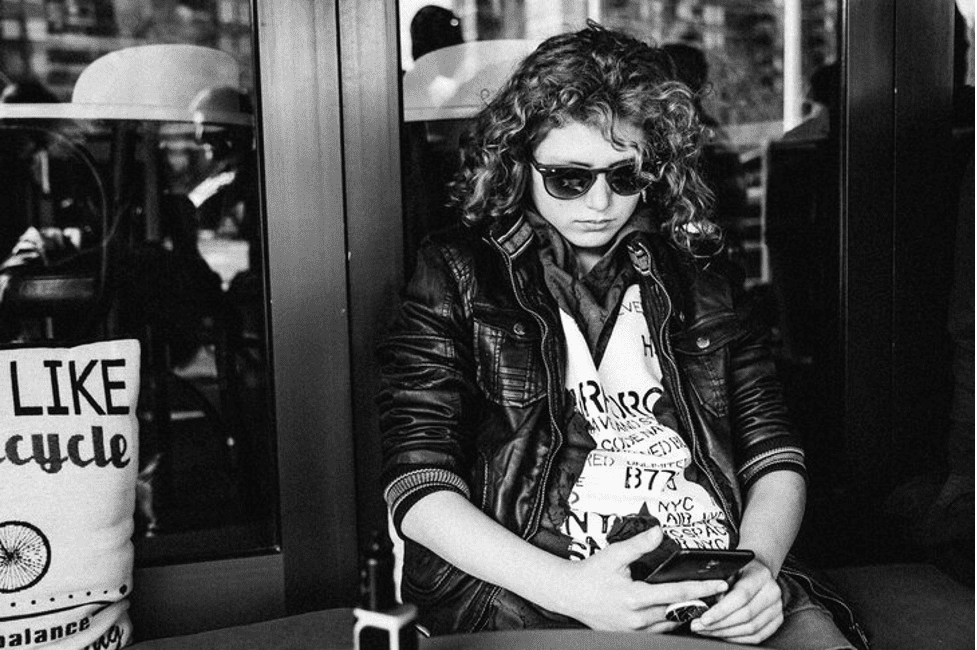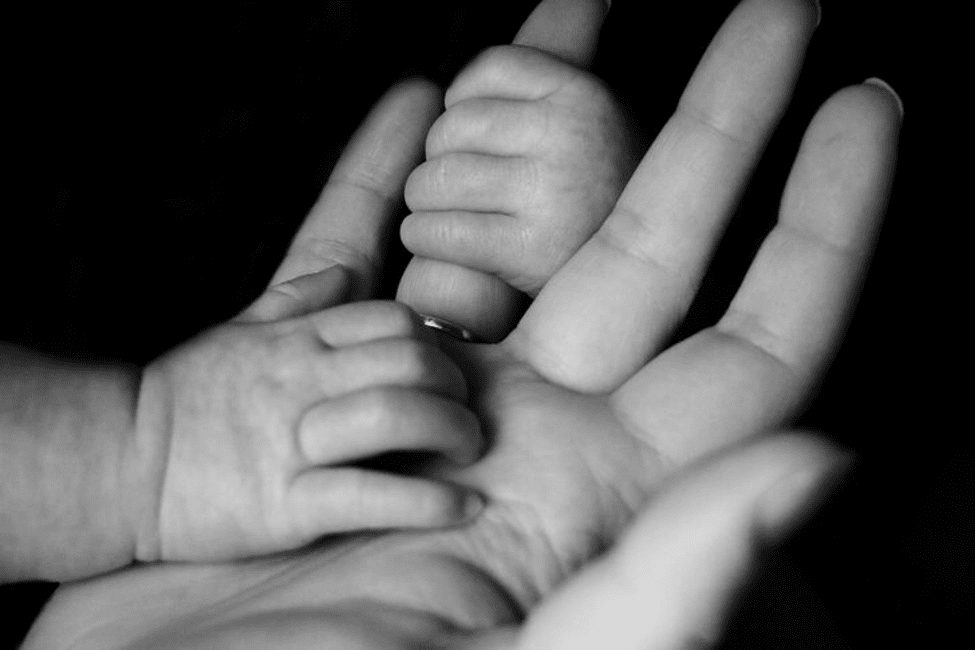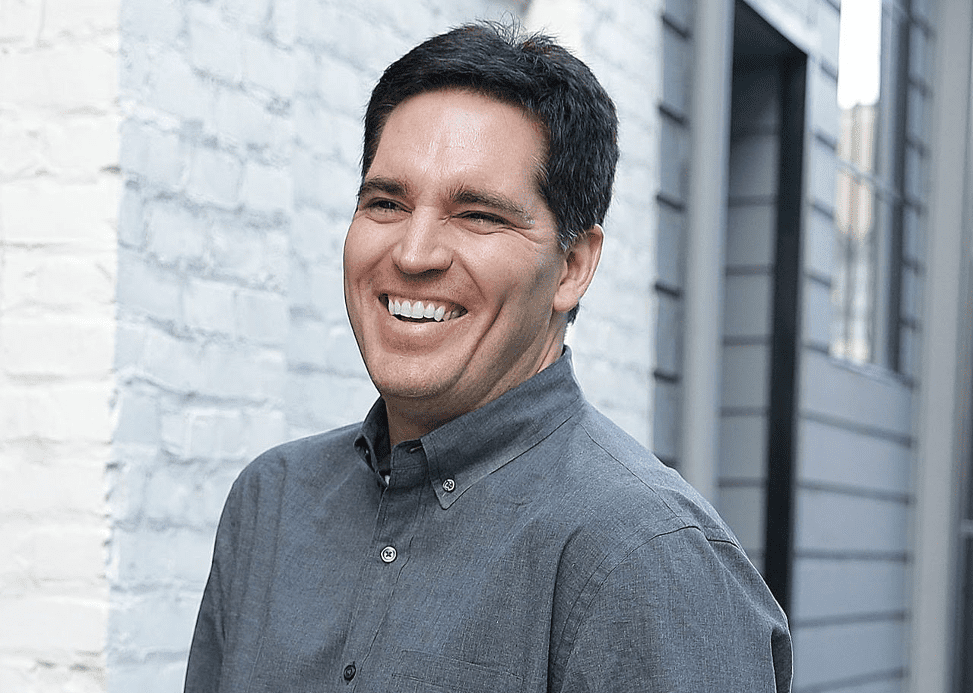Who says you have to be a top film school graduate to tell a story? Today, all you need is a smartphone and the right platform to flaunt your storytelling skills.

Eaters Collective/Unsplash | Today, all you need is a smartphone and the correct platform to flaunt your storytelling skills
Speaking of the correct platform, have you heard of the Mobile Film Festival (MFF)?
Launched in 2005, MFF is an international short-film festival that discovers and supports talented filmmakers globally. Last year, its founder Bruno Smadja created an all-African version of MFF to showcase extraordinary films hailing from the continent. MFF Africa, which was only open for filmmakers living in the region, announced its results in March 2021, after which CNN chose to speak with some of its winners to know about their journey.
Here's a quick look at Africa's rising stars and what they said.
Marcel Moussa Diouf
Marcel Moussa Diouf from Senegal, who won the grand prize for his movie Je Suis Liberte (I am Freedom), revealed that the 2015 movie, The Hateful Eight, is what inspired him to enter the world of filmmaking. The 23-year-old said that since he didn't have enough money to go to film school, he depended on the internet to learn filmmaking. Diouf revealed that during his initial days, he only had a mobile phone, but later, when his sister gifted him a laptop, he started using both devices to organize his study material and creative work.
Opening up about the movie, which revolves around phone addiction among teenagers, Diouf said he shot it on his iPhone 8. He recalled that he could truly visualize his future career when MFF informed him that he had won a €10,000 grant ($12,000). As per festival rules, Diouf can only use the prize money to fund his next project, and he’s already started working on one which revolves around homeless children in Nianing.

Zoran Zonde Stojanovski/Unsplash | Marcel Moussa Diouf from Senegal won a €10,000 grant for a short film about phone addiction among teenagers
Walid Falleh
Falleh, a native of the Republic of Tunisia, whose movie The Cemetery of Strangers won €2,000 ($2,400) at MFF Africa, said his surroundings inspired him. He has lived in the city Zarzis since his childhood, and he disclosed that there had been immigration issues from the very beginning. At first, he thought his movies wouldn't matter much, but it didn't take him long to realize that they could make a difference or at least initiate change.
Neha Manoj Shah
Shah, a Kenyan-Indian, said that a filmmaking course at her university drove her towards this career path. When she graduated in 2007, becoming a full-time filmmaker was considered a challenging career choice. She had to take up different jobs to support herself until 2015, when a German production company hired her. Speaking about Face Mask on Sale (her award-winning short-film), Shah said the pandemic influenced her to make a movie on expecting moms and their struggles. Her film won three awards at MFF Africa, along with €4,000 ($4,800). Just like Falleh and Diouf, Shah is also using the prize money on her next project.

Liv Bruce/Unsplash | Neha Manoj Shah won €4,000 for her short movie about expecting moms and their struggles
Wrapping it up
All these winning stories tell us that in the coming years, we can expect to see more talented filmmakers who will create history with limited resources. At that time, we will need more platforms like MFF to support these determined people.




